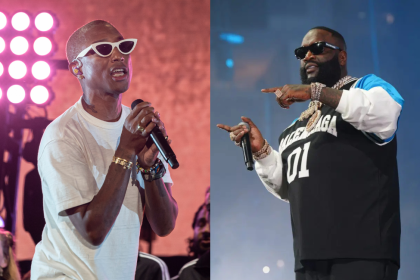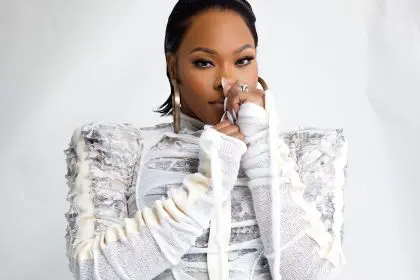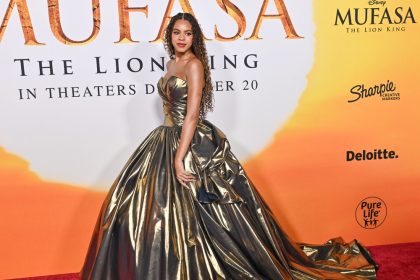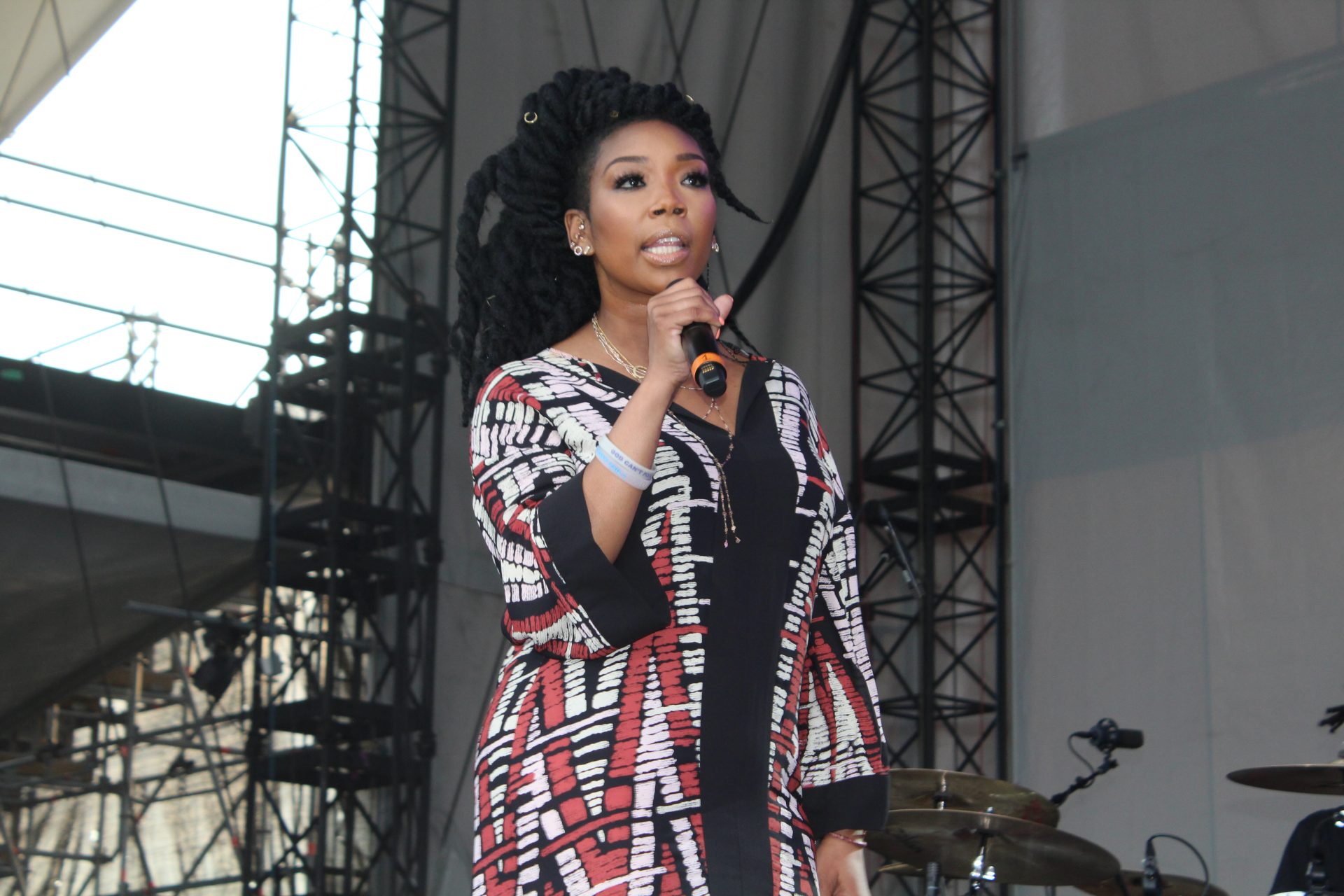Misogyny has been an underlying part of hip-hop’s reality for decades. Artists that are now championed as legends of the genre were once criticized for purveying music that seemed to be explicitly anti-woman. Public Enemy, for example, are renowned for their socially and politically-aware music and next month will be inducted into the Rock and Roll Hall of Fame. On their acclaimed debut album, Yo! Bum Rush the Show, on the song “Sophisticated B—h,” frontman Chuck D raps:
“Little is known about her past
So listen to me cause I know her a–
Used to steal money out her boyfriend’s clothes
And never got caught, so the story goes
She kept doin’ that to all her men
Found the wrong man — then she did it again
And still to this day people wonder why
He didn’t beat the b—h down till she almost died”
Gangsta rap legends N.W.A. were extremely controversial for their lyrics, especially concerning women. On their second album, the inflammatory N—az4Life, Dr. Dre raps about having an affair with a married woman that he decides to murder on the song “One Less B—h:”
“So, before he found out he was crossed up
‘Bout his b—h I was f–kin’ I had to toss her
And put her slick – some n—as never forget
A dead b—h can’t tell a n—a shit”
On A Tribe Called Quest’s 1991 song, “The Infamous Date Rape,” rappers Q-Tip and Phife seem to want to address men who sexually assault women. But the message gets diluted with references to women who “try to cry out ‘rape’” and a juvenile joke about a woman refusing sex solely because she’s menstruating. Not exactly a progressive look at a serious problem in our culture.
While the industry can be blamed for much of what has happened in hip-hop over the last 15 years, it would be revisionist to act like the machinations of major labels are the only reason why the music’s darker side exists. Many 90s southern rap artists, for example, were on small, independent labels that built their names on regional success. Success that was fueled by devoted fanbases that were intensely loyal to their music. Memphis-based 8Ball and MJG are routinely cited as among the most influential Southern hip-hop artists of all time. On the track “Pimps” from their debut album Coming Out Hard, 8Ball reveals how far he would go to “discipline” a woman that stepped out of place.
“If you don’t tell that h– who is boss
B—hes like to run s–t but end up getting smacked in the mouth
See a real n—a believe in beatin’ them h–s down
Push they head into the wall until you hear that crackin’ sound”
When DMX debuted in the late 90s, many hailed his gritty approach to “street hop”–as it came on the heels of two years of glossy party rap. On “X Is Coming,” from his 1998 album It’s Dark & Hell Is Hot, the rapper details a twisted first-person narrative of vengeance, peppered with graphic references to murder and the rape of an underaged victim.
“I’m comin’ in the house and I’m gunnin’ for your spouse
Tryin’ to send the b—h back to her maker
And if you got a daughter older than 15 — Imma rape her
Take her on the living room floor, right there in front of you
Then ask you seriously, ‘Whatchu wanna do?’”
In the 2000s, rap became virtually inescapable and superstar Eminem’s early career was blanketed with protest due to his anti-gay, anti-female lyrics. The Detroit rhymer infamously rapped about murdering the mother of his child and on 2004’s “Superman” directed his ire at women in general:
“First off you don’t know Marshall
at all so don’t grow partial
That’s ammo for my arsenal,
I’ll slap you off that barstool
There goes another lawsuit, leave handprints all across you
Good Lordy, whoadie — you must be gone off that water bottle
You want what you can’t have, ooh girl that’s too damn bad
Don’t touch what you can’t grab, end up with two backhands”













